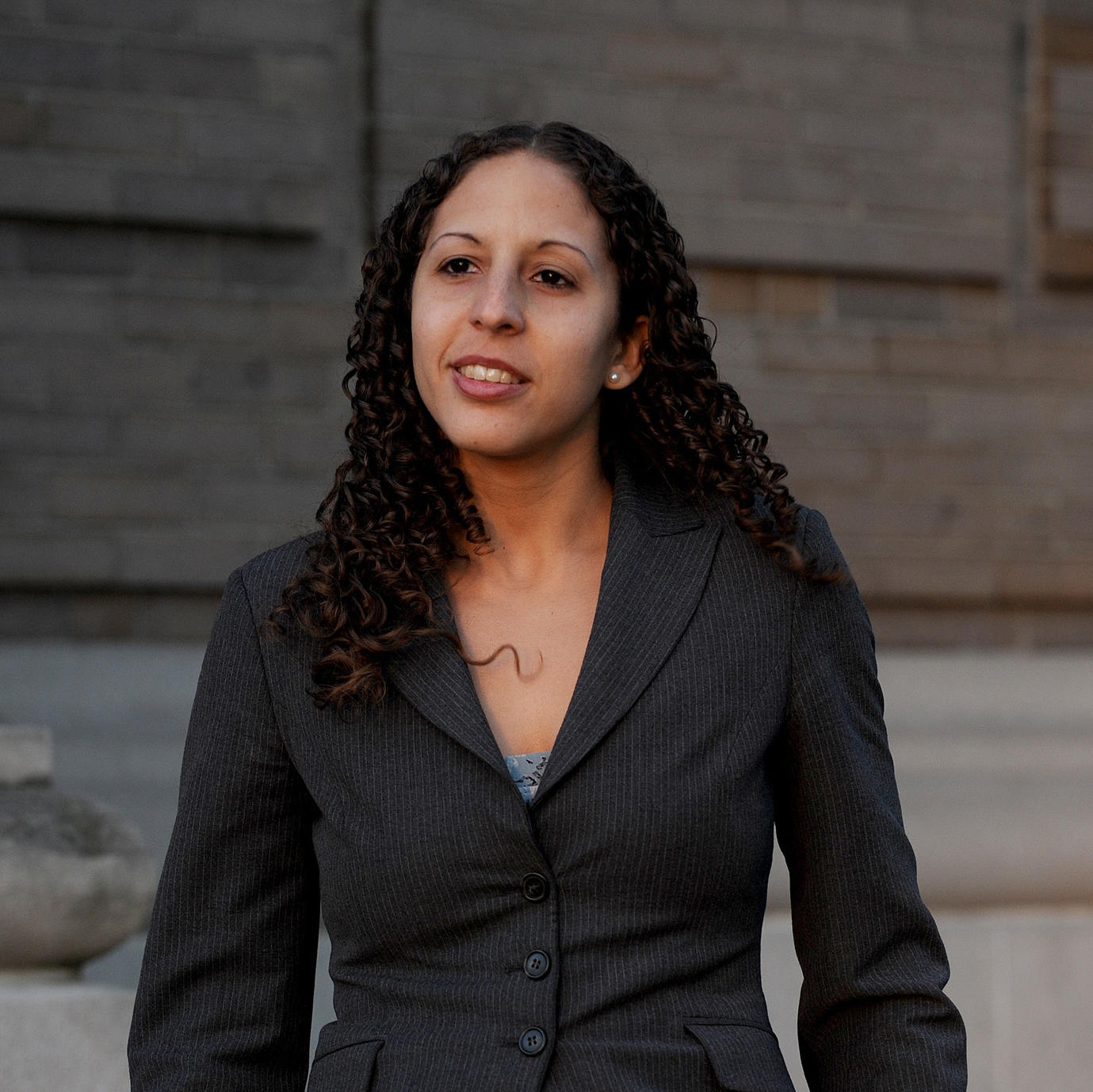 Reporter, The New York Times
Reporter, The New York Times
Thesis Title: Constructing Political Identity out of a Problematic Past: The Experience of Mau Mau in Kenya
I didn’t start out in Social Studies. I started out in Literature. As a kid, I’d always been a voracious reader of fiction and I fully intended to become the greatest American novelist who ever lived. I went to my interview at the literature department with my signed copy of Alan Ginsberg’s Howl and was delighted when I was accepted. But when I poured over the course manual, the literature classes sounded dry and unnecessarily pompous. I found myself drawn to Social Studies classes, which seemed to hold the key to solving so many of the world’s most important problems. I found myself wanting to drink up the entire history of the world, and to understand what holds societies together and what makes them break apart. I switched concentrations to Social Studies, which was, to me, a great unknown. My sophomore year I struggled. Social Studies 10 was perhaps the hardest class I’d ever taken. I remember being assigned a paper about private property rights, as conceived by American colonists, who thought that if you farmed a piece of land, then it should belong to you, versus the concepts of property that Native Americans subscribed to, as hunter-gatherers who did not farm. I had no idea what to write in my paper. The original author seemed so eloquent, what new thought or phrase could I possibly add? I stared at a blank computer screen for hours and had no idea what to write. At the time, I had romantic notions that real writers simply sat down and magically produced excellent poems and worthy manuscripts, like Jack Kerouac’s On The Road. You were either a brilliant writer, or you weren’t. And in that moment, I felt sure that I wasn’t. I put on my coat and walked the snowy street of Cambridge for hours, mourning the death of my identity as a brilliant writer. The next morning, the sun came up. And I went to class and turned in something not very brilliant. And the paper came back, full of suggestions – on style and substance – about how the paper could be improved. And slowly, I learned that most valuable of lessons: anything worth reading ought to be edited and what you sit down to write the first time rarely comes out right. Junior year and senior year, I wrestled with Karl Marx, and Max Weber and Emile Durkheim, and the invisible feedback loop of how ideas shape our lived reality, and how our lived reality shapes our ideas.
My senior thesis was about how Kenya’s armed independence struggle, known as Mau Mau, came to be told and re-told through the eyes of Kikuyu historians and Luo historians, and how the story of Mau Mau changed over time, as the Kikuyu and Luo became political rivals in the years after independence.
After graduation, I traveled to Kenya to work with street children. Eventually, I became a freelance journalist, covering the aftermath of the Rwandan genocide, and the 1998 Nairobi bombing of the US embassy by al Qaeda. Eventually, I got a job as a general assignment reporter at the Boston Globe. Currently, I work at the New York Times.
Thanks to Social Studies, I was primed to look for the larger meaning behind every events. Remembering that Durkheim saw suicides as an expression of a larger society, I searched for patterns in crime, to tell a larger story about what it meant.
As a foreign policy reporter, covering wars in Afghanistan and Iraq, I remembered what Weber taught us about how cultural beliefs can shape economic success and failure. Today, as a political correspondent who is charged with making sense of a country that fiercely at odds with itself over ideas --- the efficacy of free trade, the contours of national identity, the privileges of citizenship and who should receive them – I find myself thinking often about Karl Marx and Adam Smith and Alexis de Tocqueville. If Social Studies helps us make meaning out of history and everyday events happening around us, we need it now, it seems, more than ever.